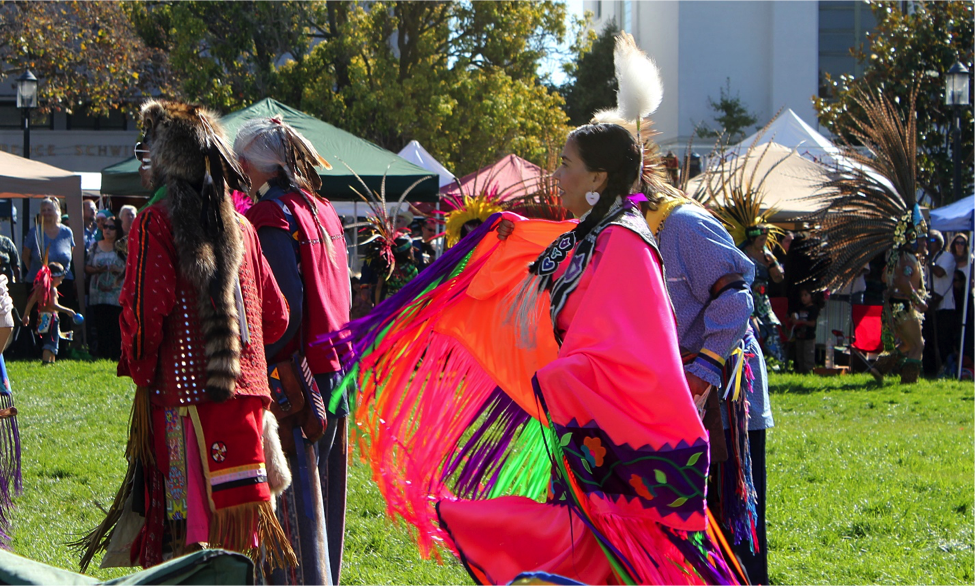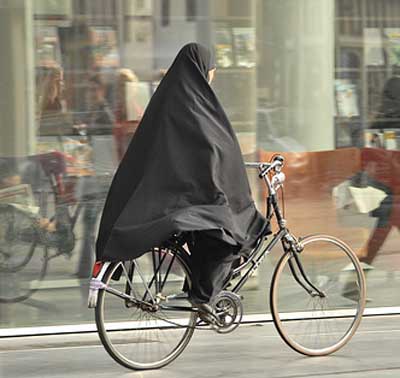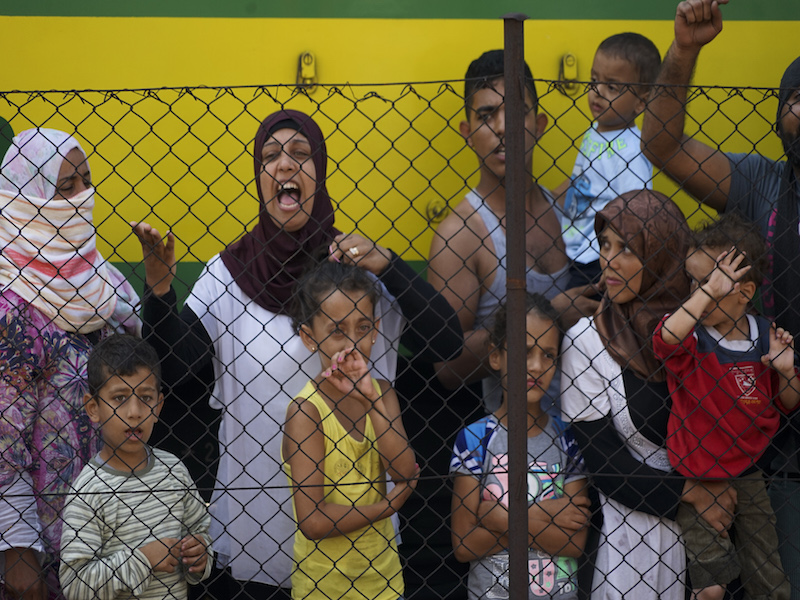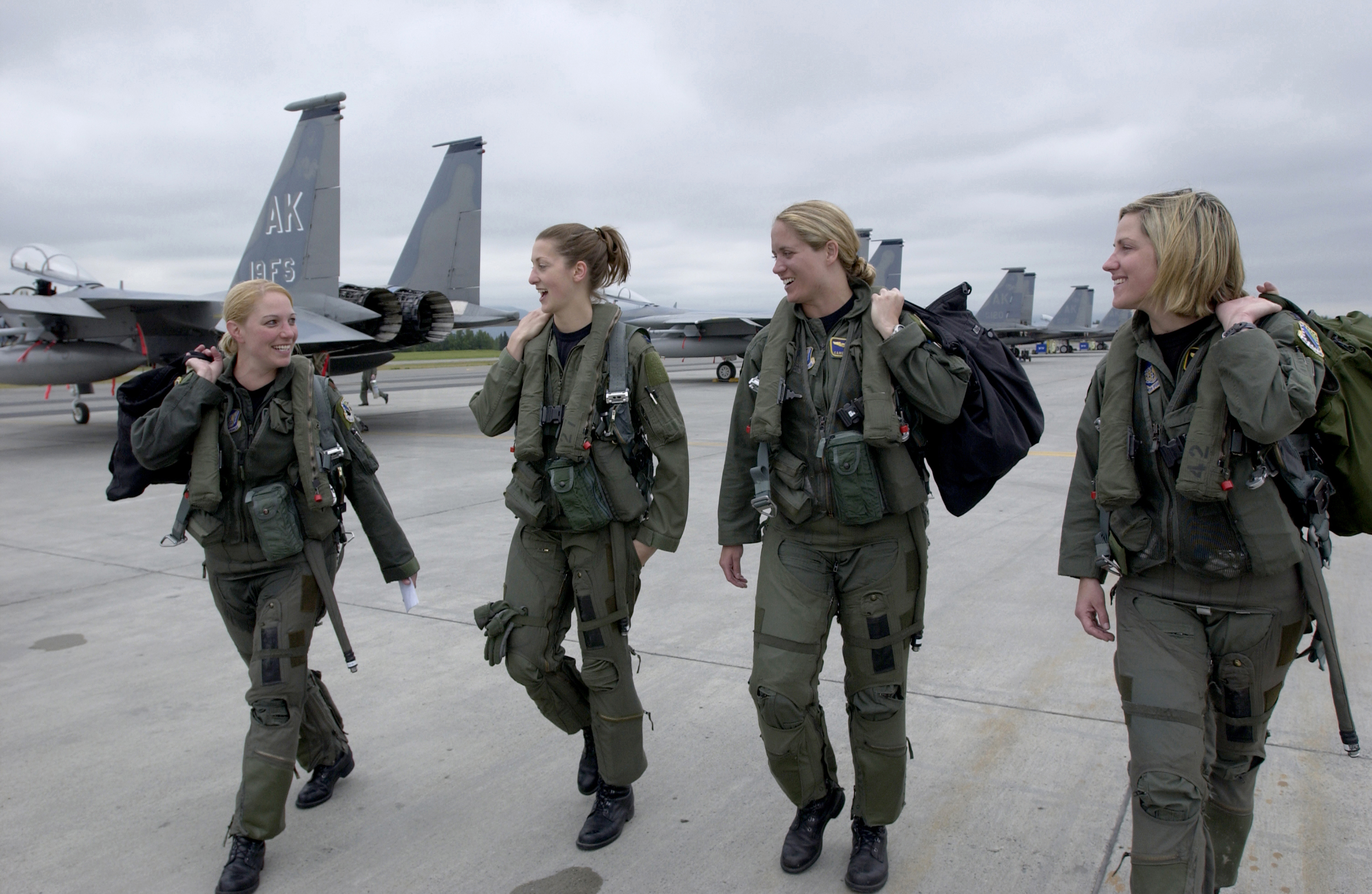“There’s lots of tragedy behind our lives. Nobody sees it, it’s nothing to laugh at … every week I had different coloured eyes.” – Aboriginal Women and Family Violence – Government of Canada
Violence towards Indigenous women has been recognized by the Government of Canada at both national and international levels. Data reflective of violence towards First Nations women and girls across Canada constitutes a national human rights crisis. According to Statistics Canada, women account for over half of all victims of violent crime in Canada, considering the results of both self-reported and police-reported data.
Across Canada, First Nations women and girls are consistently at a higher risk of violent victimization than non-First Nations women. A 2017 gender analysis report revealed the rate of First Nations persons experiencing violence has more than doubled than that of non-First Nations people. Specifically, physical and sexual victimizations for both males and females are considerably greater for First Nations people than others. Cases of physical assault were also greater for First Nations people, illustrated by a ratio of 87 incidents per 1,000 compared to 47 incidents per 1,000 for non-First Nations people.
With these rates, we must ask, why is gender-based violence in First Nations communities such a prevalant issue? Research from the Canadian Department of Justice and the World Health Organization (WHO) has identified a connection between various social factors and elevated levels of violence, specifically regarding Canada’s Indigenous population. Social factors largely include: the legacy of the residential school system, chronic poverty, drug and substance abuse, unemployment, low levels of education, lack of financial stability, poor living conditions on reserves, age, racism, and single-parent or female headed households. Such social factors largely result in violence, namely physical and emotional violence and trauma, a diminished sense of security, post-traumatic stress disorder, heightened levels of fear, decreased levels of self-confidence, detrimental effects on children and youth, and ongoing patterns of cyclical violence.
Statistics Canada reported the results of a 2014 General Social Survey (GSS) on spousal violence towards Aboriginal peoples. According to a five-year range of data, cases of spousal violence in First Nations communities were found to be more prevalent than in other communities. Additionally, First Nations women were at a greater risk of being victimized by a current or former partner than women from other communities. A particularly disturbing and eye-opening statistic derived from the GSS found that First Nations people largely reported experiencing abuse as children, a causal factor that may largely be associated with spousal victimization later in life. According to the GSS, 40% of First Nations peoples reported experiencing sexual and/or physical violence and abuse as children in comparison to 29% of non-First Nations people.
This year, the International Day for the Elimination of Violence Against Women was marked on November 25th, 2017. The Native Women’s Association of Canada (NWAC), the national voice of Indigenous women across Canada, continues to call for an end to all sexual and gender based violence against all Indigenous women. Formally designated by the United Nations General Assembly, the International Day for the Elimination of Violence Against Women aims to raise public awareness and mobilize activists, as well as government leaders to take action and address longstanding violence towards Indigenous women.
Across Canada, Indigenous women are disproportionately affected by violence due to a myriad of social factors increasing one’s risk of being victimized. For many Indigenous peoples, violence has become an inevitable part of everyday life, particularly for those who have experienced violent victimizations as children and into adulthood. Significant action is urgently needed to combat violence towards this demographic plaguing the safety, security and well-being of men, women and children both on and off reserve.
Photo: Celebrations of Indigenous Peoples Day by Quinn Dombrowski (2012). CC-BY-SA-2.0.
Disclaimer: Any views or opinions expressed in articles are solely those of the authors and do not necessarily represent the views of the NATO Association of Canada.




